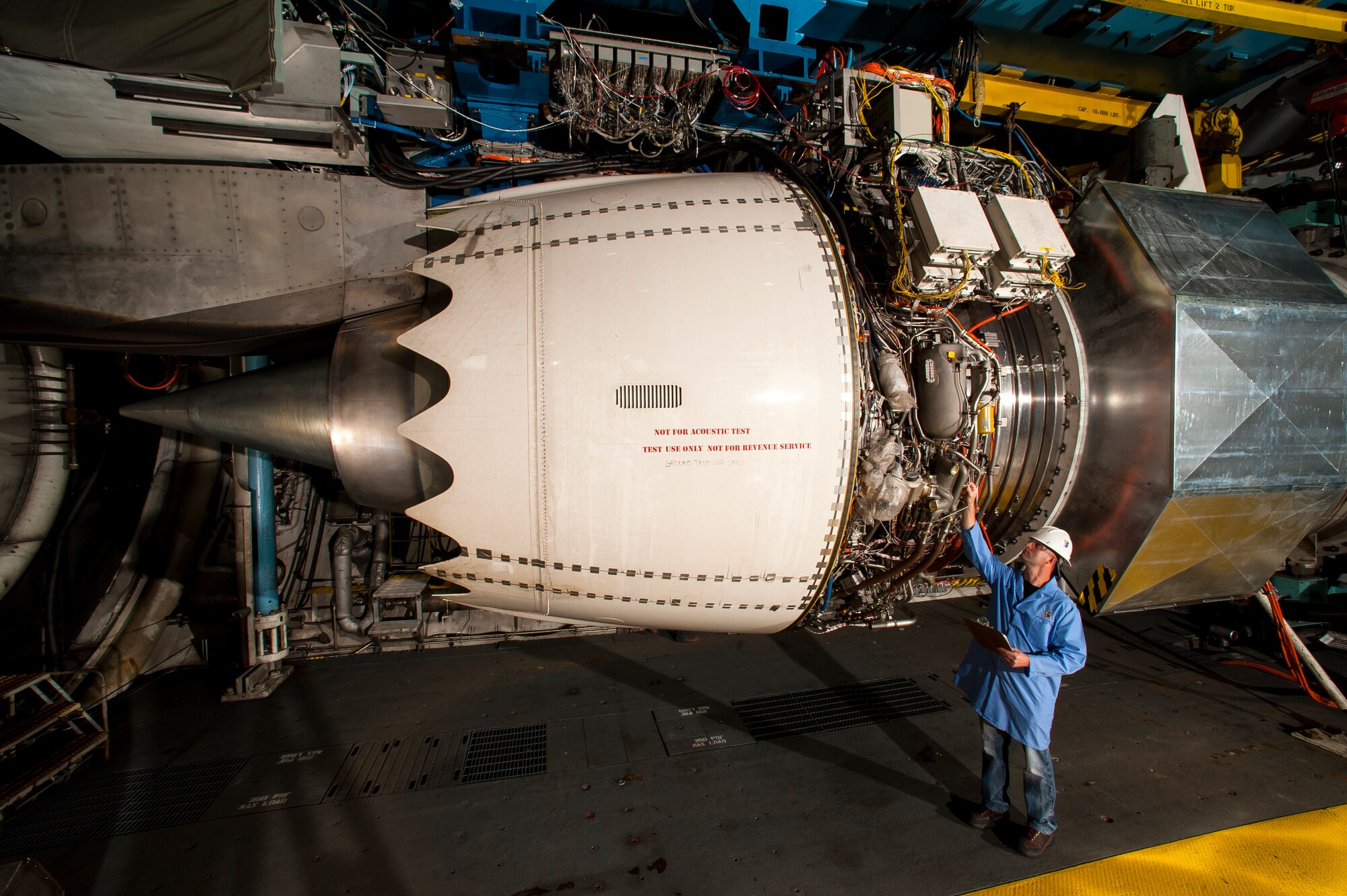ISO 2314 Gas Turbine Performance Testing
The ISO 2314 standard is a cornerstone in the aerospace and aviation sectors, providing comprehensive guidelines for testing gas turbine performance. This test ensures that engine components meet the stringent requirements necessary to operate safely and efficiently under extreme conditions. The primary objective of this service is to validate the operational characteristics and performance metrics of gas turbines used in aircraft propulsion systems.
Gas turbines are critical components in the aviation industry, subjecting them to rigorous testing to ensure their reliability and compliance with international standards. The ISO 2314 standard outlines a series of tests that evaluate the turbine's efficiency, emissions, fuel consumption, and overall performance under various operational scenarios. This service is particularly valuable for quality managers, compliance officers, R&D engineers, and procurement specialists who need assurance that their gas turbines meet industry expectations.
The testing process involves several key steps: specimen preparation, instrumentation setup, data collection, and analysis. Specimens are typically representative engine components or complete engines depending on the scope of the test. Instrumentation includes high-precision sensors to measure parameters such as temperature, pressure, speed, and exhaust emissions. The data collected during these tests is meticulously analyzed to determine compliance with ISO 2314.
The results of this testing are crucial for ensuring that gas turbines meet not only the performance criteria but also the stringent safety requirements set by aviation authorities worldwide. Compliance with standards like ISO 2314 can significantly reduce operational risks and enhance overall system reliability, which is essential in the highly regulated aerospace sector.
Applied Standards
The primary standard for this service is ISO 2314:2008, which provides detailed guidelines on testing gas turbines. This international standard ensures that all tests conducted are consistent and reliable across different laboratories and regions. The standard covers various aspects of the test, including specimen preparation, instrumentation setup, operational conditions, data collection methods, and analysis procedures.
ISO 2314 is widely recognized for its comprehensive approach to gas turbine testing. It not only evaluates the engine's performance but also considers environmental factors that can impact operation in real-world scenarios. Compliance with this standard is essential for manufacturers and operators aiming to ensure their products meet the highest industry standards.
In addition to ISO 2314, other relevant international standards include:
| Standard | Description |
|---|---|
| ASTM E768 | Test methods for measuring the specific fuel consumption of gas turbines. |
| IEC 61404-2 | Guidelines for the design and operation of gas turbine engines in power generation applications. |
| EN 50389 | Specification for the performance testing of industrial gas turbines. |
These standards, along with ISO 2314, form a robust framework that ensures consistent and accurate testing across different environments and applications. The use of these internationally recognized standards enhances trust in the test results and facilitates smoother compliance processes for our clients.
Scope and Methodology
The scope of ISO 2314 gas turbine performance testing encompasses a variety of tests aimed at evaluating critical parameters such as fuel consumption, exhaust emissions, and operational efficiency. The methodology involves several key steps to ensure comprehensive and accurate results:
- Specimen Preparation: Engine components or complete engines are prepared according to the specified test conditions.
- Instrumentation Setup: High-precision sensors are calibrated and installed to measure critical parameters like temperature, pressure, and speed.
- Data Collection: Continuous data is collected throughout the testing process using advanced monitoring systems.
- Analysis: Collected data is analyzed against ISO 2314 criteria to assess compliance with performance specifications.
The testing process is designed to replicate real-world operating conditions as closely as possible, ensuring that the results are relevant and applicable to actual field operations. This comprehensive approach ensures that any discrepancies or issues are identified early in the development or operational phase of the gas turbine.
| Test Parameter | Description | Acceptance Criteria (ISO 2314) |
|---|---|---|
| Fuel Consumption | The amount of fuel consumed per unit of work done by the gas turbine. | Must not exceed specified limits for efficiency and emissions. |
| Emissions | Levels of pollutants such as CO, NOx, and particulates emitted during operation. | Must comply with international emission standards. |
| Operational Efficiency | The ratio of useful work output to the energy input from fuel. | Must meet or exceed minimum efficiency thresholds. |
The comprehensive nature of this testing ensures that all critical aspects of gas turbine performance are thoroughly evaluated, providing clients with reliable and actionable data. This service is essential for maintaining high standards in the aerospace sector, where performance and reliability are paramount.
Why Choose This Test
The ISO 2314 gas turbine performance test is a critical service for several reasons:
Regulatory Compliance: Ensures that gas turbines meet stringent regulatory requirements, enhancing safety and reducing the risk of non-compliance penalties.
Operational Efficiency: Identifies areas where improvements can be made to enhance fuel efficiency and reduce operational costs.
Emission Reduction: Helps in minimizing environmental impact by optimizing exhaust emissions within acceptable limits.
Product Validation: Provides verifiable evidence of product performance, which is essential for marketing and sales activities.
Risk Management: Identifies potential risks early in the development or operational phase, allowing for timely corrective actions.
Innovation Support: Supports ongoing research and development efforts by providing data that can inform new product designs and improvements.
The comprehensive nature of this service ensures that all critical aspects of gas turbine performance are thoroughly evaluated. This approach not only enhances safety and efficiency but also supports the continuous improvement of products, contributing to a safer and more sustainable future for aviation.





